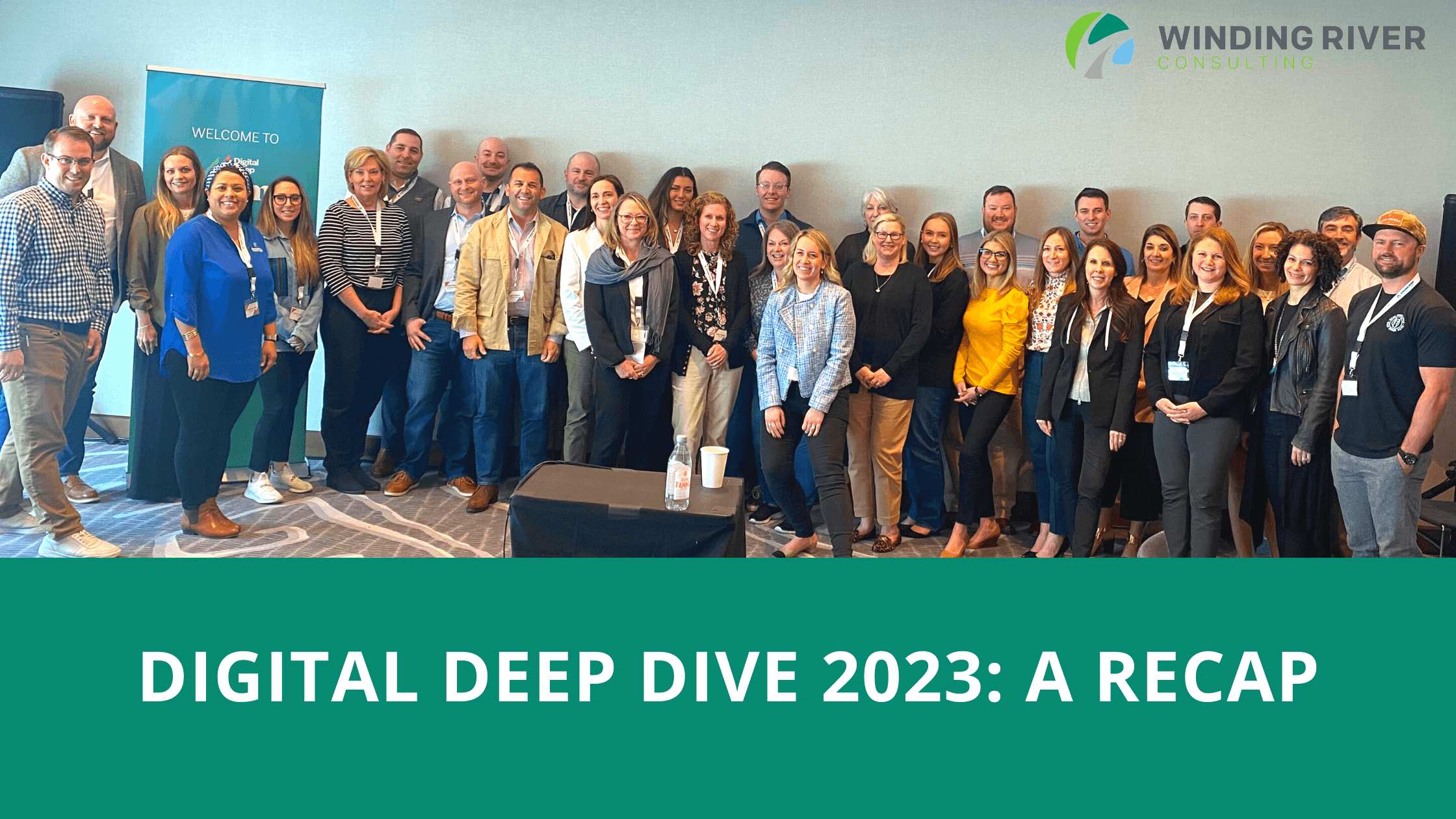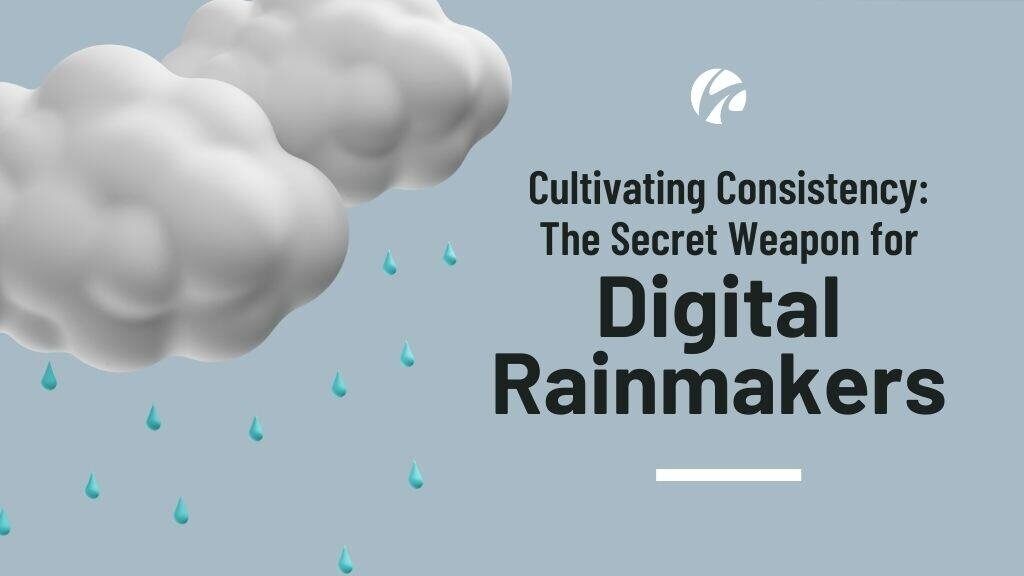4 min read
Yes, Your Firm Can Succeed on LinkedIn
How the impact of active participation can elevate your firm. Many managing partners and firm leaders are dismissive of social media, either relying...

David empowers firms to grow strategically by aligning innovation, insight, and execution. He leads WRC’s signature programs and advises firm leaders on M&A, digital growth, and leadership development.
Table of Contents
As a firm partner or accounting professional of any kind, you are barraged by urgent messaging all about “Web 3”, “Blockchain,” and “Metaverse.”
How will this emerging tech disrupt our world? Or, more specifically, the world your clients are living in?
First, no one knows better than an accountant that the only two certainties in life are death and taxes. A close third is the reality of constant change, which includes new market conditions and new tools. And that’s how we should all see new technology that has the world abuzz: a new factor like any other, that can and will be capably handled by industry leaders.
In this post by Michael Davis and David Toth, we’ll show you why you shouldn’t overreact to the urgency. What you should do is self-educate on the areas of tech that matter, to the degree that you want to, and consider how your firm can remain competitive and resilient. Like you always have.
That argument is why we opened with the idea that blockchain doesn’t matter: because it doesn’t matter any more than other uncontrollable dynamics your firm has had to adapt to.
Now, that measured perspective doesn’t mean that your firm should continue business as usual without an eye to what’s happening out there. All of the largest firms have hired blockchain tech or cryptocurrency officers or executives. The world of accounting is on board to support new technology, and you should be too.
In case these concepts are new to you, here’s a breakdown (skip ahead if this is familiar — we’re going to talk next about the three most important components for your firm’s practice):
Blockchain is simply a process of recording and transmitting information across networked systems. Much of Web 3, which is a new iteration of the internet, is built on blockchain. This allows for decentralization, which tips the scale of data control and access from controlling entities (behemoths like Google or Facebook) toward individual users and consumers.
Financial decentralization is happening in parallel, using tech like smart contracts built on the blockchain, which automate, audit and enforce transactions. None of this, at face value, is too terribly complex. It’s just new ways of performing functions online.
People and businesses alike have varying degrees of adoption to this new technology, but it is here to stay, and is likely to advance increasingly virtual business operations and consumer experiences.
There are three areas of impact that blockchain based technologies are having right now on the world of finance and accounting.
The sheer amount of money being invested into cryptocurrency and Web 3 technology will have an influence on individual taxation. If your firm does individual taxes, you need to consider how to help clients who are involved in new tech and crypto.
Handling tax considerations will require depth of knowledge, in advisory, and at the accounting level. The entire concept of cryptocurrency is decentralization. As a result, you may begin encountering clients who have five, 10, 20 decentralized accounts that have to come together. Muddy or not clearly defined tax laws and complexity add another layer.
Unfortunately, tax software is also still immature in automating the intricacies of this market and it will be critical to have individuals on your team to understand where technologies do work well and where human intervention is required.
If you just trust the data, your clients will lose money.
Accountants need to partner with individuals who are active in this space, gaining a good conceptual understanding and learning how to assess tax scenarios for people with complex, fragmented, or decentralized situations.
Of course, there is also the question of clients who come to you wanting to get into crypto investment. If you can advise them, you’ll secure their loyalty. It may be a niche worth developing.
The second area that’s seeing major activity as a result of blockchain and other tech is alternative asset investments. It’s blowing up, in fact. Tokens, cryptocurrencies, art, you name it, there is significant money trading hands in this arena.
There are plenty of vehicles for engaging here, and countless ways people are in it. It’s likely that many of them are or have an interest in investing in Bitcoin, Ethereum, or other portfolios of tokens. They may explore venture capital, angel, accredited, non-accredited, regulated and unregulated funds. Your clients may be looking into all of these opportunities.
The takeaway? The entire continuum, from serious-minded investors to people dabbling, are aware that they can jump into this space, which has very low barriers to entry. If your firm is going to be equipped to steer them in the right direction, this is an area you will need to know well. It changes daily and is inherently volatile. Investors are hungry for expert insights, and your firm may become their trustworthy provider.
We saved the most accessible for last. Web 3, the metaverse, the blockchain, the one thing that all of these have in common is that they create an environment to identify and engage with the most passionate segments of customers. Any company that operates in retail or entertainment can and should be looking to understand how they can build a community, retain, engage and expand their customer base leveraging these tools.
In the simplest form, think of the blockchain and Web 3 as the new loyalty program infrastructure. It provides a transparent view of your customers, your fans, where they are spending money, their interests, and provides unique ways for brands to interact with and reward those customers.
The Metaverse is not a single place or tool; it is the recognition that these customers now spend an exorbitant amount of time online on Twitter, on Facebook, in Discord, and in virtual games.
The first step is recognizing that shift is occurring and that change creates opportunities. It is then up to you to determine if those opportunities align to your customers goals and needs.
Customer engagement is the one way even a non-tech person can understand the Metaverse. Any company in your book of business that directly serves consumers or operates in retail is going to face a demand to provide virtual experiences. Whether or not you become experts on tactical execution really depends on whether your book of business, or goals for future business, reflect the need.
No, don’t just react.
Yes, do your due diligence and create a coherent, actionable plan.
Your firm has always pivoted, and early stage technology developments provide a clear line of sight into “what’s next”. Apply logic and best practices, enlist analysts and specialists, and craft the right strategy that supports your firm’s goals.
Sometimes change is in order, and if your firm is operating without a winning digital strategy, we need to talk. Winding River Consulting helps firms like yours forge into the future, especially when it comes to digital. Reach out to learn more.

4 min read
How the impact of active participation can elevate your firm. Many managing partners and firm leaders are dismissive of social media, either relying...

5 min read
Last month saw the return of the popular Digital Deep Dive Summit: the only digital summit created exclusively for accounting firms. Held in...

2 min read
Maintaining a healthy pipeline in the midst of client demands and busy lives can feel like an uphill battle. But when it comes to driving digital...